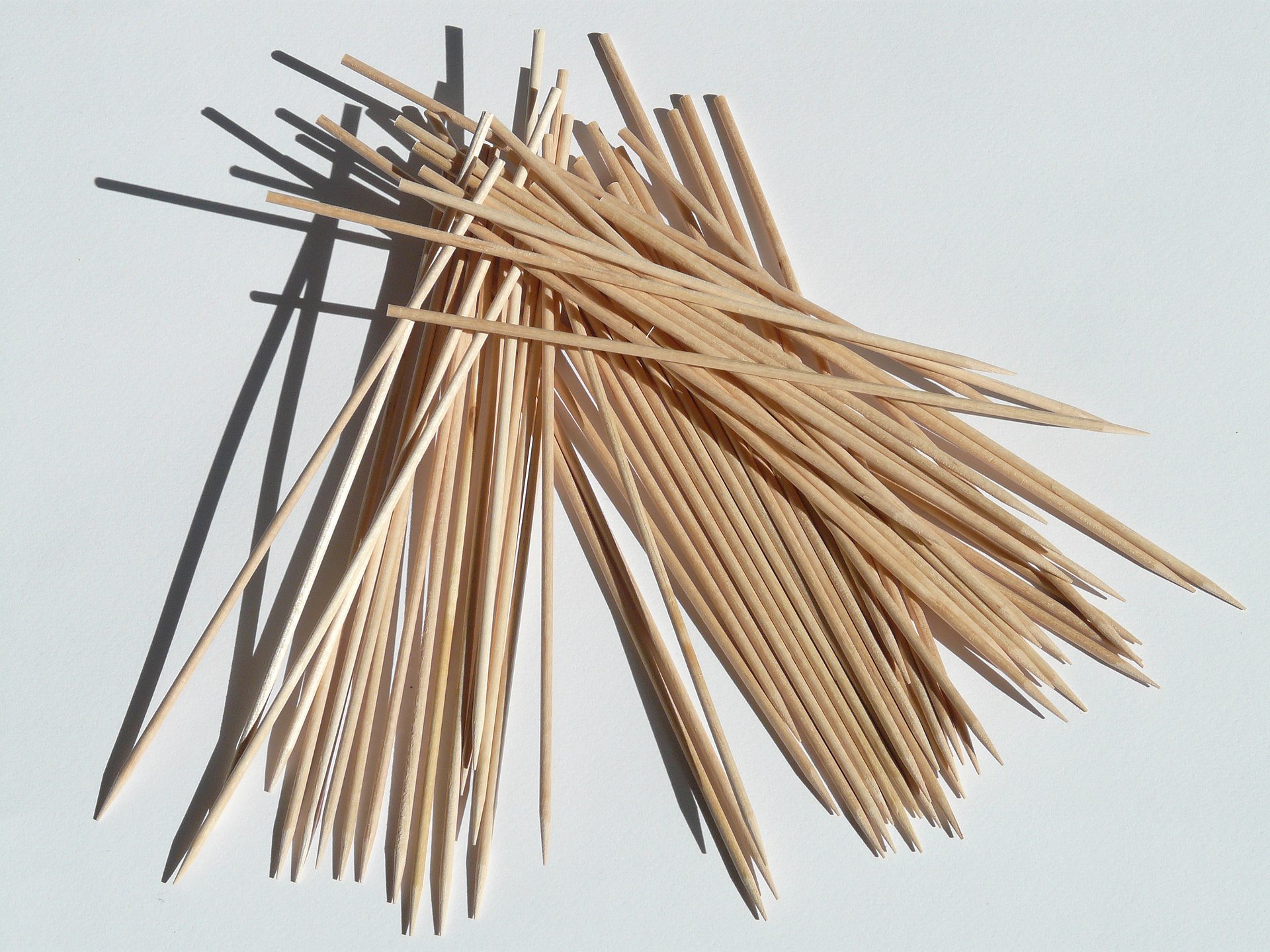I’ve always been fascinated in how the process actually occurs. Is it more or less handled by software these days or are you performing the calculus yourself? What applications are you tuning? Cheers!
Not so much anymore but at my last couple jobs I did a lot of PID (actually PI) tuning. It was for chemical control so very slow action. I never really did any math unless I was having a particularly tricky time. Usually I would just tweak the gains manually based on trend data
Man I studied PID in Uni, was interesting to learn Ziegler-Nichols etc
Well it turns out you don’t get to apply most of the stuff you learn once out into the workforce
Went to school for Mech E so I learned about PID loops and state space controls and other stuff. I’m only at my first position out of school but haven’t really used it at all. In water/wastewater
I have a project coming up where I need to do one. I’ve never set one up before. It’s kind of a fast action in the sequence so I think it’s going to be tricky. I have to do 3 fixed speeds of forward reverse on a saw blade carriage, and then slow forward down based on blade motor amperage. But Rockwell has a PID instruction and you just enter in your tags as needed.

